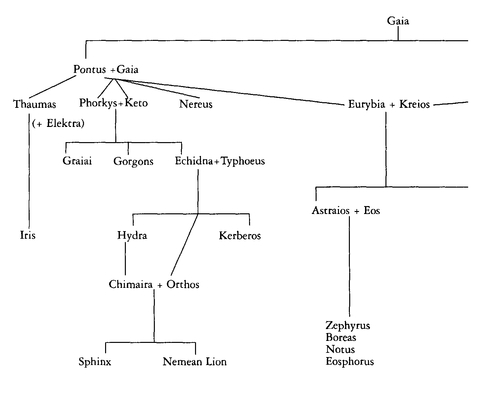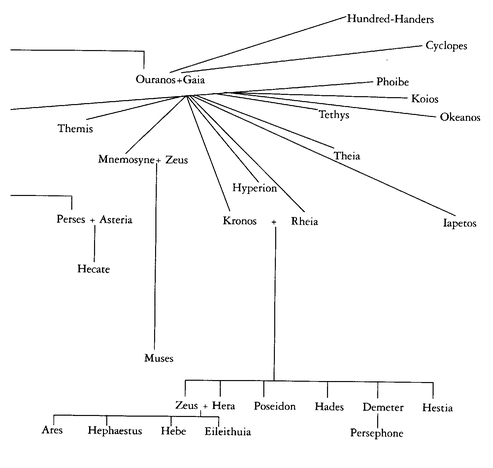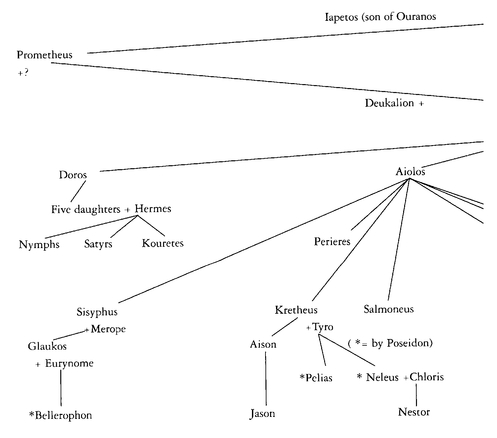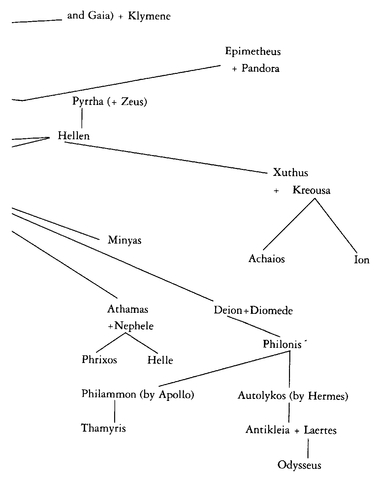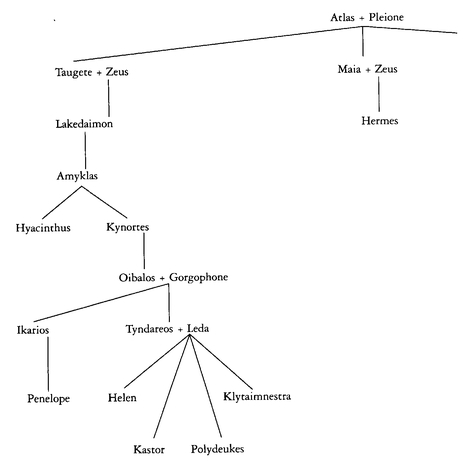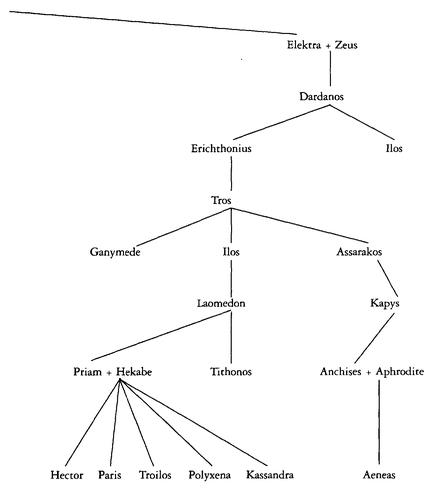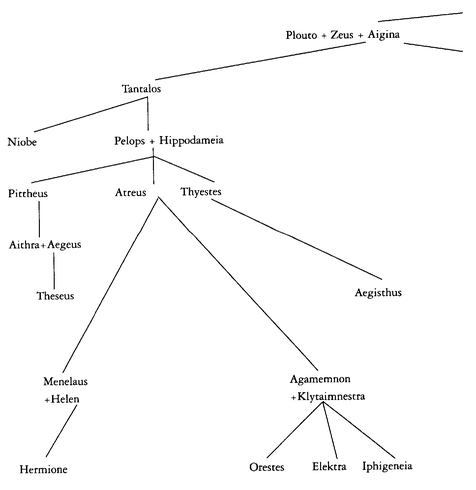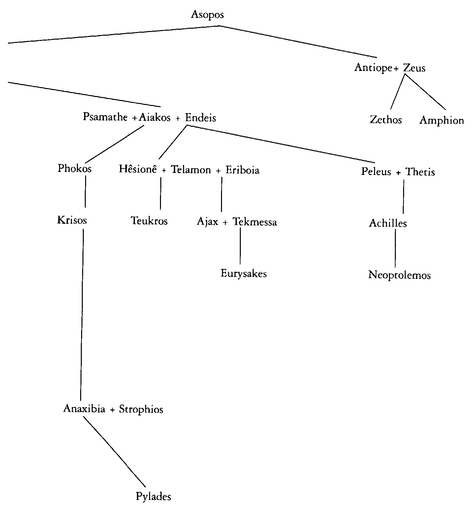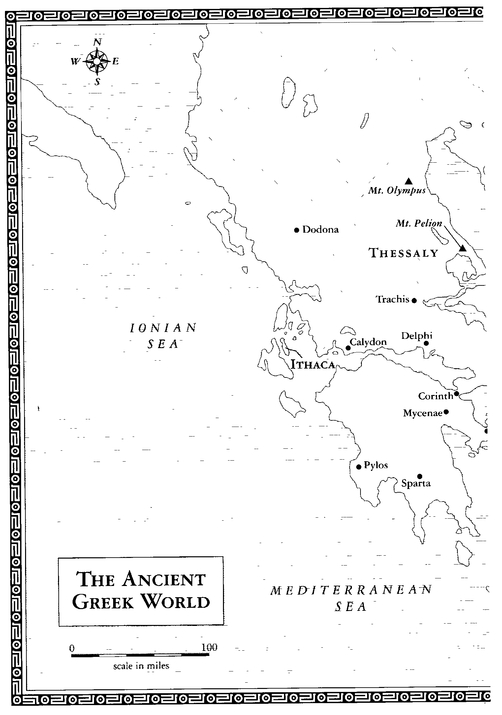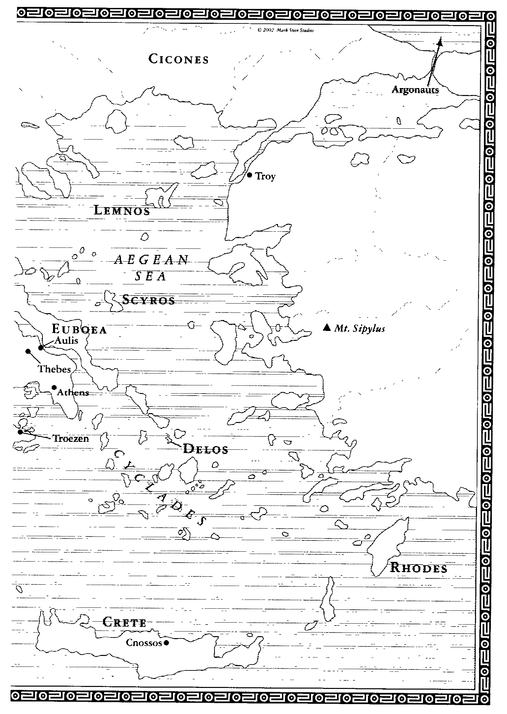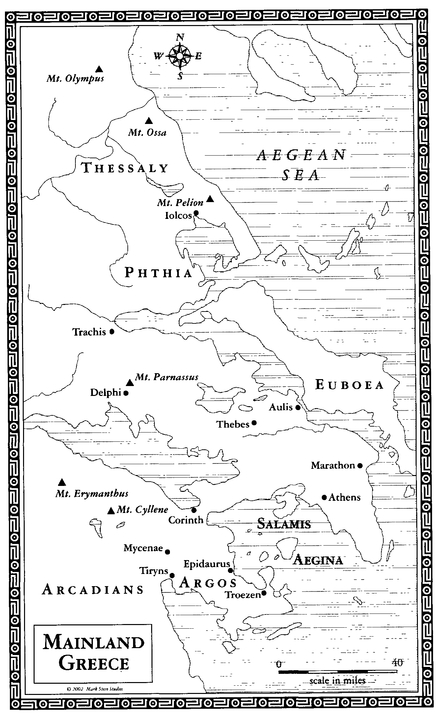Table of Contents
New American Library
Published by New American Library, a division of
Penguin Group (USA) Inc., 375 Hudson Street, New York, New York 10014, USA
Penguin Group (Canada), 90 Eglinton Avenue East, Suite 700, Toronto,
Ontario M4P 2Y3, Canada (a division of Pearson Penguin Canada Inc.)
Penguin Books Ltd., 80 Strand, London WC2R ORL, England
Penguin Ireland, 25 St. Stephens Green, Dublin 2,
Ireland (a division of Penguin Books Ltd.)
Penguin Group (Australia), 250 Camberwell Road, Camberwell, Victoria 3124,
Australia (a division of Pearson Australia Group Pty. Ltd.)
Penguin Books India Pvt. Ltd., 11 Community Centre, Panchsheel Park,
New Delhi - 110 017, India
Penguin Group (NZ), 67 Apollo Drive, Rosedale, North Shore 0745,
Auckland, New Zealand (a division of Pearson New Zealand Ltd.)
Penguin Books (South Africa) (Pty.) Ltd., 24 Sturdee Avenue,
Rosebank, Johannesburg 2196, South Africa
Penguin Books Ltd., Registered Offices: 80 Strand, London WC2R ORL, England
First published by New American Library, a division of Penguin Group (USA) Inc.
First Printing, April 2003
Copynght Richard P. Martin, 2003
Illustrations copyright Patrick Hunt
Maps Mark Stein Studios
All rights reserved
 REGISTERED TRADEMARKMARCA REGISTRADA
REGISTERED TRADEMARKMARCA REGISTRADALIBRARY OF CONGRESS CATALOGING-IN-PUBLICATION DATA:
Myths of the ancient Greeks/Richard P. Martin, [editor]; illustrations by Patrick Hunt.
p. cm.
Includes bibliographical references and index.
eISBN : 978-1-101-12698-1
1. Mythology, Greek. I. Martin, Richard P.
BL783.M98 2003
398.20938O1dc21 2002070270
Princed in the United States of America
Without limiting the rights under copyright reserved above, no part of this publication may be reproduced, stored in or introduced into a retrieval system, or transmitted, in any form, or by any means (electronic, mechanical, photocopying, recording, or otherwise), without the prior written permission of both the copyright owner and the above publisher of this book.
PUBLISHERS NOTE
The publisher does not have any control over and does not assume any responsibility for author or third-party Web sites or their content.
The scanning, uploading, and distribution of this book via the Internet or via any other means without the permission of the publisher is illegal and punishable by law. Please purchase only authorized electronic editions, and do not participate in or encourage electronic piracy of copyrighted materials. Your support of the authors rights is appreciated.
http://us.penguingroup.com
For Tom and Catherine,
who liked stories
THE BEGINNINGS: GODS AND CREATURES
OFFSPRING OF IAPETOS THE TITAN
DESCENDANTS OF ATLAS, GREEK AND TROJAN
WARRIORS, KINGS, AND HEROINES FROM ZEUS
THE ANCIENT GREEK WORLD
MAINLAND GREECE
INTRODUCTION
MYTHS ARE STORIES THAT CONTINUE to engage the imagination of a society over a long period of time. The stories you are about to read were told more than two thousand years ago by Greeks who lived in communities all around the Mediterranean Sea and beyond, from what is today southern France to the eastern shore of the Black Sea, from the northern Balkans to North Africa. They reflect the thoughts of a complex civilization and at the same time allow us to enter the vibrant private spaces of an archaic culture. Long before they were written down, myths from Greek-speaking lands were passed from one generation to the next by word of mouth. Later, they were recorded in a bewildering number of epic and lyric poems, tragedies, comedies, histories, scholarly compilations, travel books, philosophical dialogues, and scientific works of all sorts, from the eighth century B.C. until Constantinople fell to the Ottoman Turks in 1453 A.D. Although some entire works made their way down to our time, painstakingly copied and recopied in manuscripts until the age of printing, many of these ancient writings are today lost. We have what survived in papyrus fragments or literary quotations. Already by the third century B.C. the Romans had discovered this rich body of stories and had begun to exploit it in creating their own art and literature. By 100 B.C., when the Roman empire had expanded to include most of the Greek-speaking world, the classic myths had become a part of basic schooling. Through Latin sourcesespecially the works of the poet Ovidthe tales found their way into later European culture, where they became so deeply embedded in art, literature, and thought that, to this day, no one in the West who is unfamiliar with Greek myths can seriously claim to be an educated person.
At the same time, there is the risk that the myths become too familiar to us. The Greek gods and goddesses have been taken over for less than divine objects, providing labels and images for everything from rockets to sneakers to cement. Jellyfish, software programs, moths, and Jupiters moons bear names from myths. Cartoons and childrens books have spread awareness of the stories, but at the cost of distorting and trivializing them. Meanwhile, self-help and assertiveness-training books appropriate myths for their own ends, urging us to follow our quests, find inner heroes and goddesses, mimic Artemis in the boardroom or Herakles in the gym. Tales that once unified a whole culture, enabling it to reflect on major public concerns, have largely turned into private icons, ripped from their social, religious, and artistic roots.


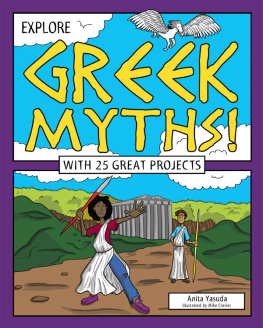
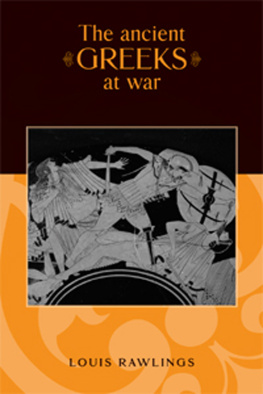

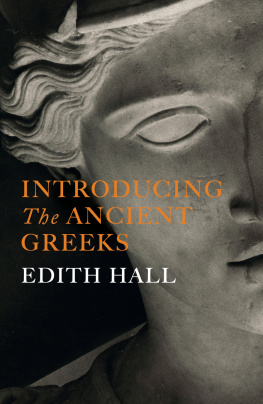
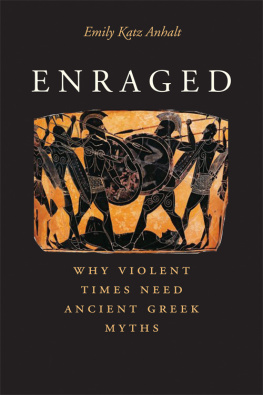
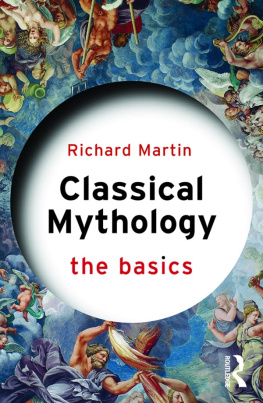
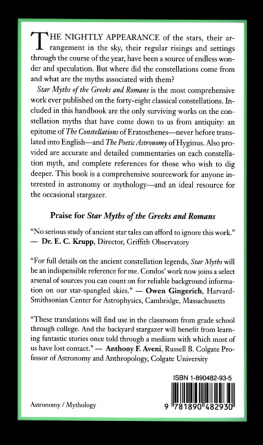
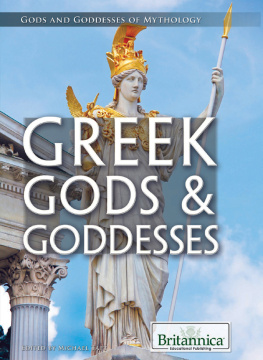
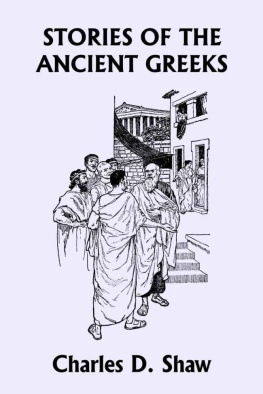
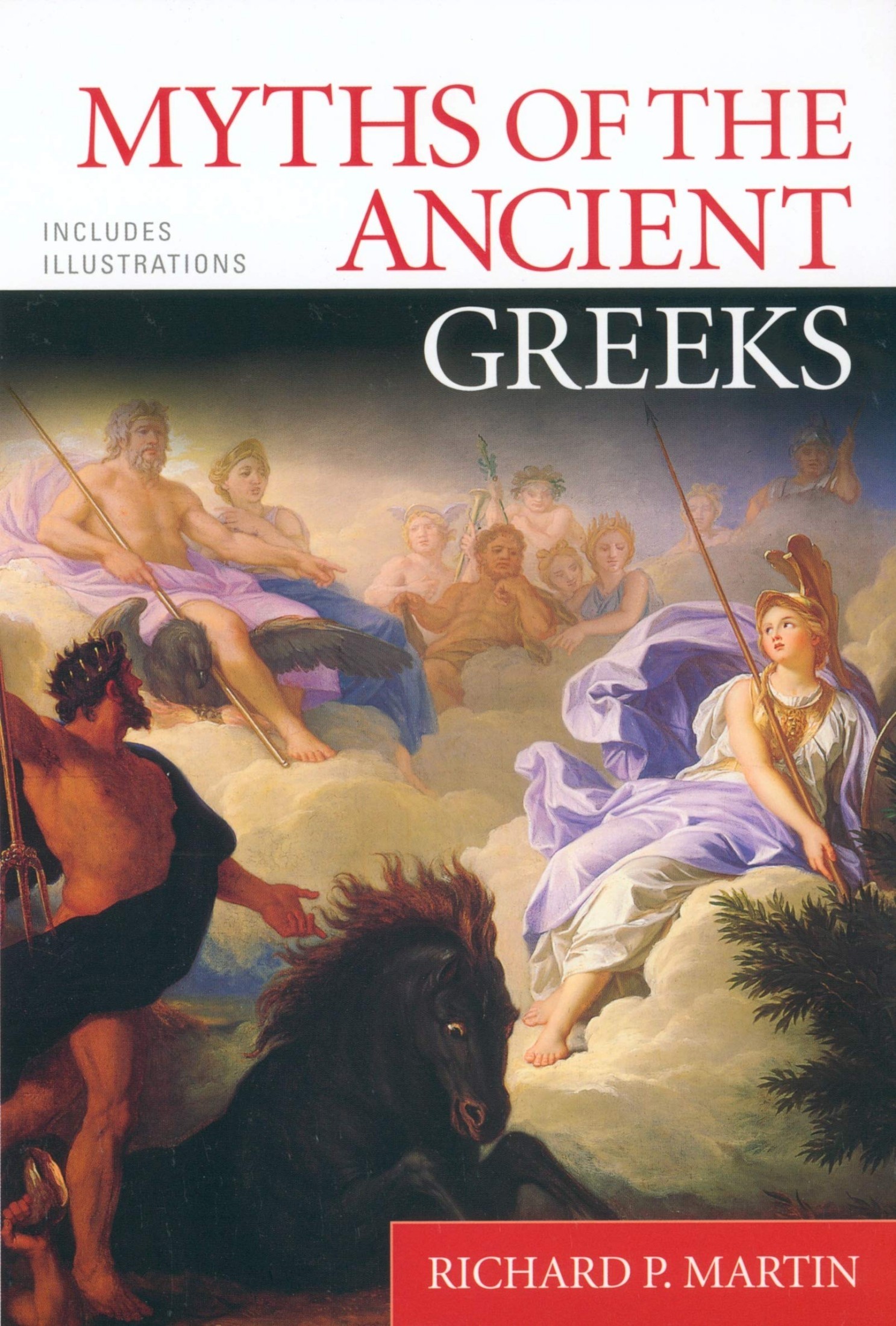
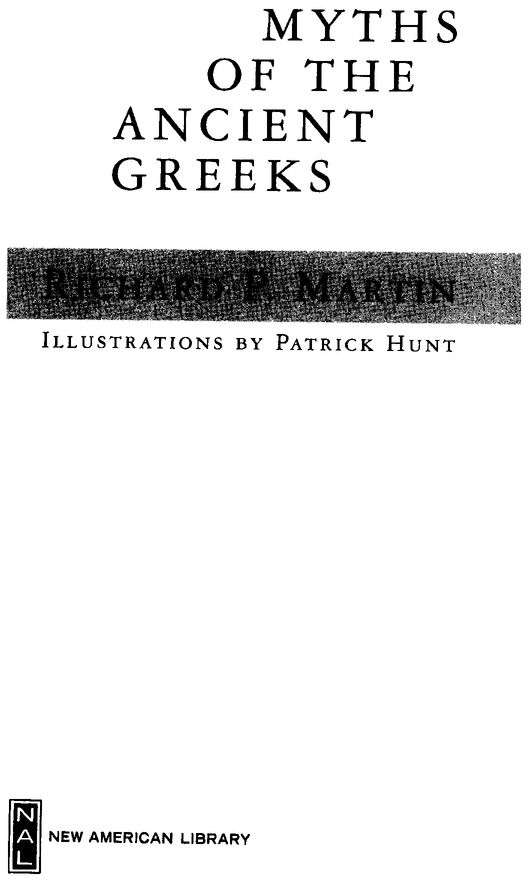
 REGISTERED TRADEMARKMARCA REGISTRADA
REGISTERED TRADEMARKMARCA REGISTRADA